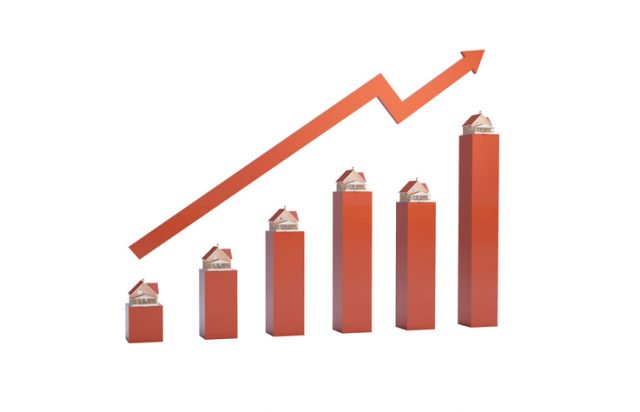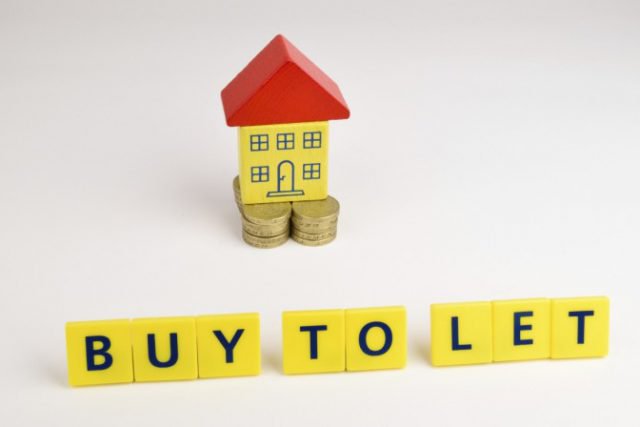Estate agent claims that UK property demand is at five-year high
One of Britain’s largest independent estate agents said it has seen demand for property in the UK rise substantially in recent months.
However, Strutt & Parker also reports that the housing market in prime central London market is remaining static.
Contrasts
The firm’s quarterly residential report for the second quarter of 2017 highlights the contrasting property markets in London and rest of the country. There has certainly been a shift in buyer sentiment in the last three months.
Guy Robinson, Partner and Head of Regional Residential Agency at Strutt & Parker noted: ‘We have some excellent stock on our books and new applicants are up nearly 5% year on year. When we look at the average number of applicants we have per property across the UK, it’s higher than it has been at any point since 2012.’
‘More properties buyers lead to higher viewing numbers, which should generate an increase in sales, which is very encouraging,’[1]
Decreases
On the other hand, the quarterly sales figures show that London in general saw a significant price fall of 2% in the second quarter of the year.
Though the number of homes changing hands in the prime central locations of London rose by 24.3% in comparison to the same period last year, transactions actually slipped by 3.5% compared to Q1. In addition, they were still 22.7% under the five-year average for Q2.

Estate agent claims that UK property demand is at five-year high
Charlie Willis of Strutt & Parker, noted: ‘Transaction levels in prime central London, across all price bands, are up on this time last year and this uptick in volumes is very welcome. However, the values being achieved are lower than they have been – savvy buyers are choosing now to take advantage of current pricing.’
‘Whilst one might have expected more transactions from overseas buyers due to the currency benefits currently at play, domestic buyers are the most prolific. We expect prices to remain flat for the rest of 2017 and into 2018 which we hope could spur further activity.’[1]
[1] https://www.propertyinvestortoday.co.uk/breaking-news/2017/8/demand-for-uk-property-at-a-five-year-high-says-strutt–and–parker



